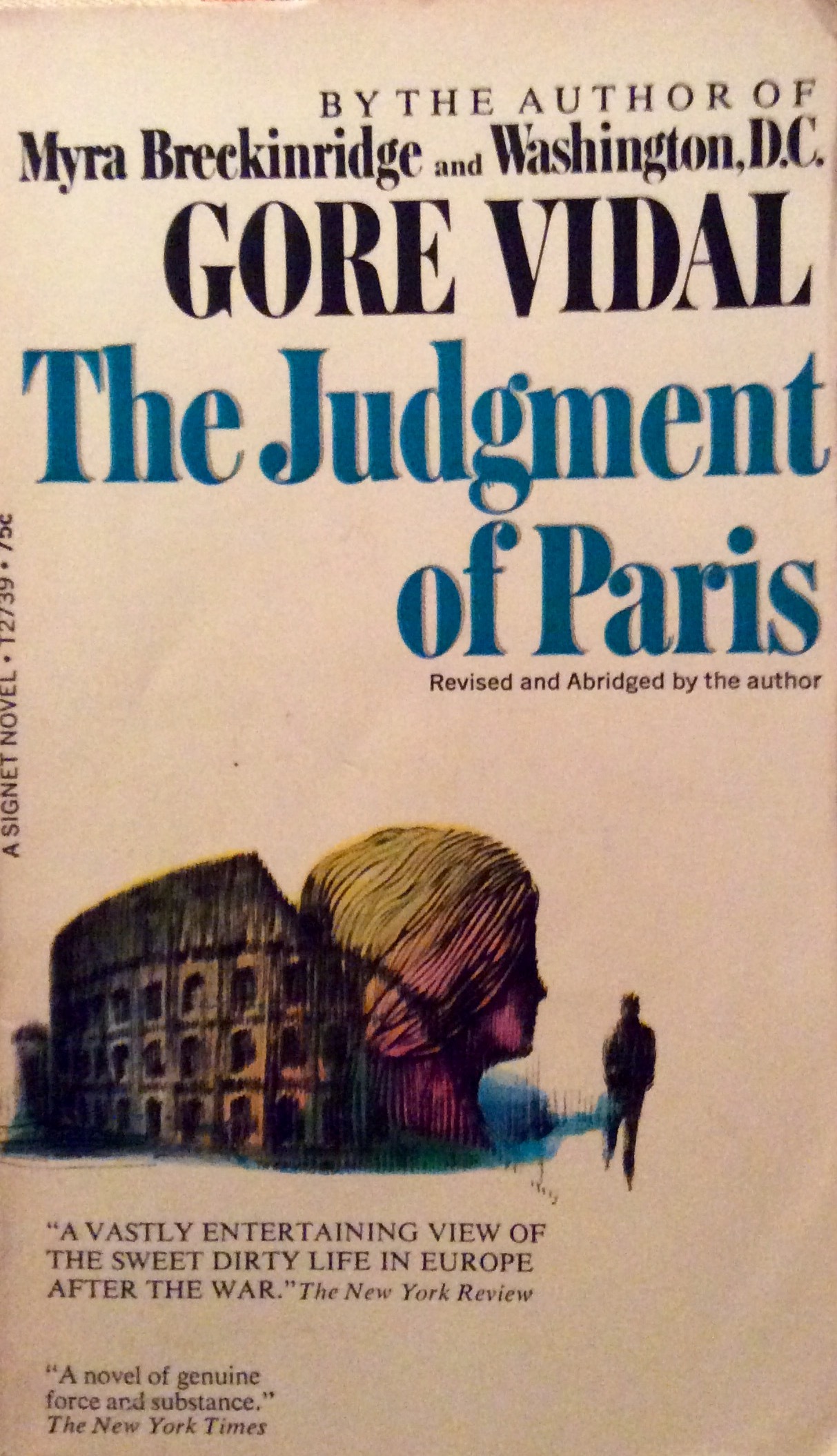What do you think?
Rate this book


224 pages, Paperback
First published January 1, 1952
…for an instant Philip had a glimpse of another Regina, one like her name, cold, unfeeling, indifferent to everything but power and its impersonal logic…
Philip, though he liked her, found her positive assertions a little trying; she advanced every opinion as a fact of nature.
Now, part of the pleasure one gets from reading novels is the inevitable moment when the hero beds the heroine… there is something remarkably exciting about the sex lives of fictional characters…
Shirt, suit, shoes. I want to look nice.Cybarites all of them. Some are homosexual. Some are not. All of them are on the lam. Its class structure on extended holiday in some place not home. One can only be acceptable by being white and at least upper middle class, intellectual and 'arty'. Warren is a naive ingenue in this group which does accept outsiders if they have something to offer; pimp, artist, money lauderer, adventurer, socialite, sensualist, dealer, beautiful, available fuck. It's a very 'American' novel and in the opening quite lacking in humour which might set off the po-faced cheesiness of it all.